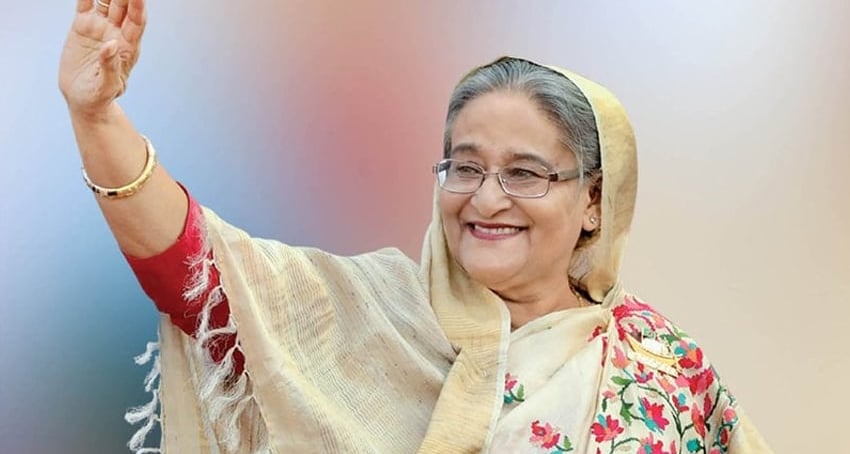Bangladesh Marks One Year Since August 5 Revolution | Democratic Reform & Public Awakening
Bangladesh marks one year since the August 5, 2024 revolution that ousted Sheikh Hasina. A historic moment of democratic reform, justice, and public awakening
Raja Awais Ali
8/2/20252 min read


One Year Since August 5: Bangladesh’s Revolution Anniversary and the Road to Democratic Renewal
On August 5, 2025, Bangladesh observes the first anniversary of the mass uprising that dramatically changed the nation's political landscape. On this day in 2024, Prime Minister Sheikh Hasina's 15-year rule ended following massive protests sparked by students opposing the quota system in government jobs. What began as a student-led protest turned into a nationwide movement for democracy, justice, and institutional reform.
The movement started on July 1, 2024, with students demanding the end of a quota system that reserved jobs for descendants of 1971 war veterans. As state violence escalated, the protests spread rapidly. On August 5, a violent crackdown killed nearly 100 people in a single day, igniting full-scale civil disobedience. That afternoon, around 2:25 PM (local time), Sheikh Hasina officially resigned and reportedly fled to India via helicopter.
Within 48 hours, President Mohammed Shahabuddin appointed a caretaker government, with Nobel Laureate Dr. Muhammad Yunus taking charge as Chief Adviser. His administration formed a broad-based interim cabinet after consultations with opposition parties, civil society, and student leaders, aiming to restore democratic order.
Now, on August 5, 2025, the interim government is set to unveil the “July Declaration”, a wide-ranging roadmap of democratic reforms. Prepared by the National Consensus Commission, the declaration includes 19 major reform points, covering electoral transparency, judicial independence, media freedom, and minority rights. Eight of these have been unanimously approved, while others are under negotiation among stakeholders.
This date has also been declared an official public holiday as "People's Uprising Day." Celebrations include national rallies, tribute events, documentary screenings, and air shows coordinated by a 36-member government committee led by Dr. Yunus.
Despite this progress, challenges remain. Justice for six journalists killed between July and August 2024 has been delayed. Families continue to demand accountability, urging the International Crimes Tribunal to act swiftly. Furthermore, the trial of former Prime Minister Sheikh Hasina began in absentia on August 3, 2025, with charges including crimes against humanity related to the violent crackdown.
Women’s and minority rights groups have also raised concerns that, although they played a central role in the uprising, reforms in their favor remain limited. They urge the government to ensure the July Declaration includes concrete steps toward equality and inclusion.
As Bangladesh marks this solemn anniversary, the nation stands at a critical crossroads. The uprising of August 5, 2024, has become a symbol of people-powered change. The July Declaration offers a blueprint for a more democratic future. But whether this promise will lead to lasting reforms and credible elections in 2026 remains the test.
In conclusion, August 5 is not just a remembrance of revolution—it is a reminder of what the people of Bangladesh can achieve when united, and a call to complete the journey they began one year ago.